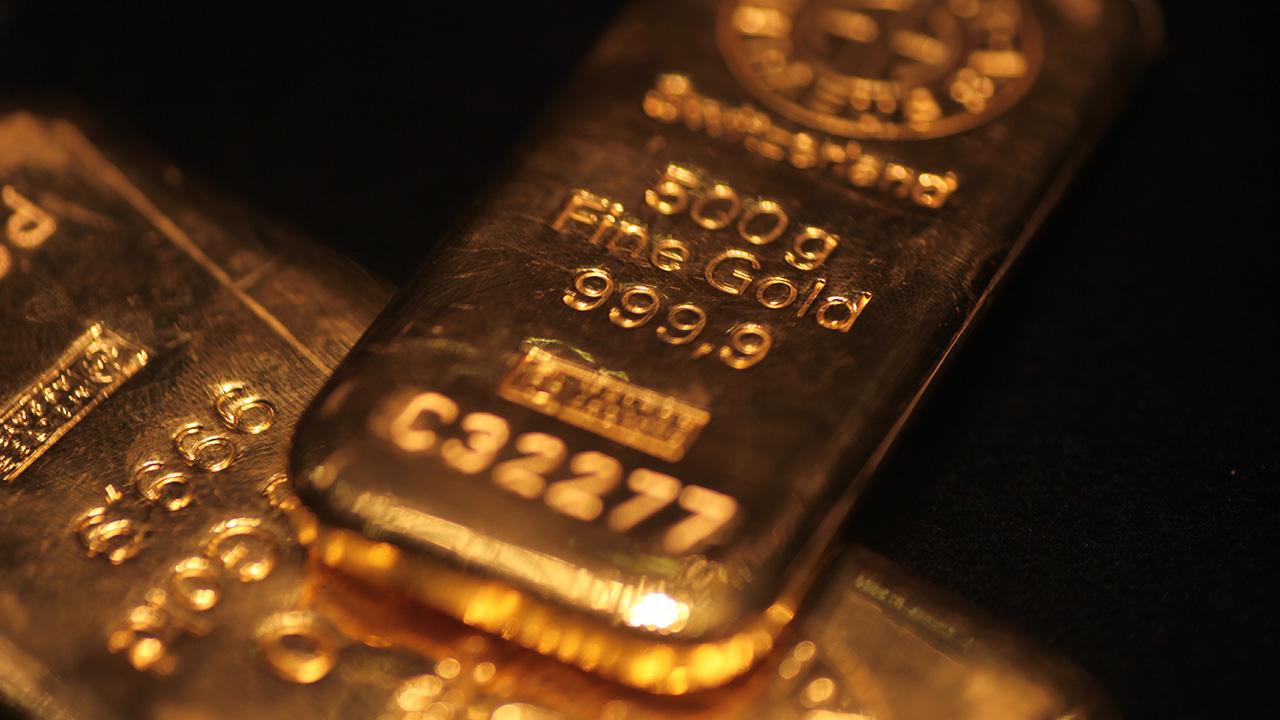The Long, Ugly Decline in Stocks Has Ended
Volatility remains and most of this year's gains have been made, but a return to normalcy is just around the corner.
By Jerome Idaszak, Associate Editor, The Kiplinger Letter
June 12, 2009RELATED FORECASTS Commodity Prices Won't Go Much Higher
HELPFUL LINKS Market analysis
EDITOR'S PICKS Higher Rates Won't Sink Home Sales
What to Do in the Face of a Pandemic
The bear market in stocks is over. That's worth celebrating. Benchmark indexes are unlikely to revisit their lows of early March. However, little gain seems likely from now to year-end.
The big rebound is likely past. The Standard & Poor's 500 index is up about 40% since its March 9 trough. A decline of 10% or so wouldn't be unexpected, and if oil prices and bond yields continue to rise, the risks outweigh the benefits in the short term. "A correction is lurking out there," says Sam Stovall, chief investment strategist with Standard & Poor's.
For all of 2009, expect the major indexes to rise 5% to 8%, including dividends. Our current judgment is for a modest economic recovery in 2010 with gross domestic product up about 2%, which spells similar stock market gains next year as well.
Over the longer term, the story gets better. After this decade's scalding, with stocks down on average 3% a year, there will be a return to normalcy over the next decade: a 10-year annual average in the neighborhood of 10%.
Make sure you rebalance your portfolio. Don't let the scars of recent months dictate your allocation by driving you out of the stock market. Stovall says that many investors took on too much risk in the past few years. "We had retirees 75% invested in stocks," he said, instead of around 30% to 40%, a more prudent ratio for older investors.
Stocks should continue to play a key role. Look for sector titans in solid financial condition. In retailing, Staples (SPLS) and Best Buy (BBY). Conglomerate ITT (ITT). Payroll services firm Automatic Data Processing (ADP). Equipment makers Graco (GGG) and Emerson Electric (EMR). Consulting firm Accenture (ACN). And in tech, Google (GOOG) and CA (CA). In financial services, still battered despite recent gains, consider Wells Fargo (WFC) and JPMorgan Chase (JPM). Also, PNC Financial Services (PNC) and First Niagara Financial Group (FNFG).
Or go the mutual fund route. For large cap stocks, consider Fidelity Contrafund (FCNTX) and Vanguard Primecap Core Fund (VPCCX). For small caps, Baron Small Cap (BSCFX) and FBR Focus (FBRVX).
Tap fast growing foreign economies for 20% to 40% of your equities' stake. Mutual funds will help spread the risk. T. Rowe Price Emerging Markets (PRMSX), Dodge & Cox International (DODFX) and Matthews Asian Growth & Income (MACSX) are worth a look.
There are appealing options for investing in commodities, including: Pimco CommodityRealReturn Strategy D (PCRDX). Vanguard Energy (VGENX) and T. Rowe Price New Era (PRNEX) are two funds that capitalize on commodity price movements. Or stocks, such as Marathon Oil (MRO) and ConocoPhillips (COP).
Real estate investment trusts, still cheap, help hedge against inflation. Invest in REITs that are stashing away money to buy up properties at fire-sale prices.
As for bonds, look at municipal bonds, which are yielding above 4%. Since picking issues is tricky, consider the Fidelity Intermediate Municipal Income Fund (FLTMX). Some investment grade corporate bonds yield a juicy 7%, but defaults are rising. One approach would be to invest in iShares iBoxx $ Investment Grade Corporate Bond Fund [LQD]. For higher yields, junk bonds are alluring. To lessen the impact from increasing defaults, consider T. Rowe Price High-Yield Fund (PRHYX).
Treasuries are still unattractive, and they will continue to be under stress until policymakers convince investors that they're serious about taming soaring federal budget deficits.
For weekly updates on topics to improve your business decisionmaking, click here.
Text zur Anzeige gekürzt. Gesamten Beitrag anzeigen »

